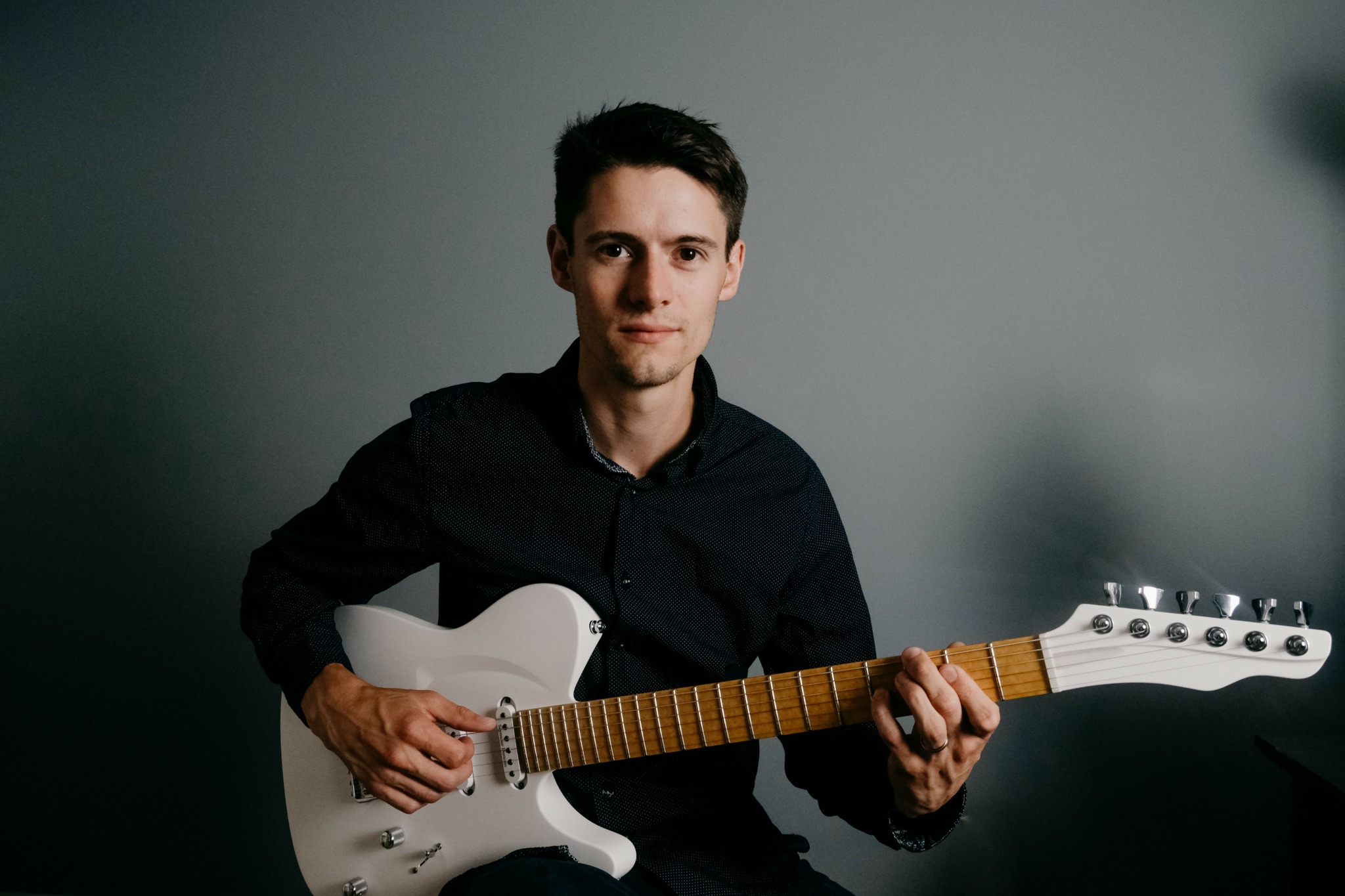We’re excited to introduce you to the always interesting and insightful Jared Forth. We hope you’ll enjoy our conversation with Jared below.
Jared, looking forward to hearing all of your stories today. Can you talk to us about how you learned to do what you do?
One of the unique aspects of musicianship is that the medium is temporal; it must be performed in time. Because of this, and due to the somewhat high barrier to entry in producing a good sound on most instruments, it’s difficult to speed up the process of learning to be a musician. One principle that had a profound impact on my journey as a musician was consistent practice. From a fairly young age, I began practicing guitar every day, even if I could only play for a short time. Will Durant, paraphrasing Aristotle, once said, “We are what we repeatedly do. Excellence, then, is not an act, but a habit.” This is especially true in musicianship, where small improvements over time lead to greater mastery.
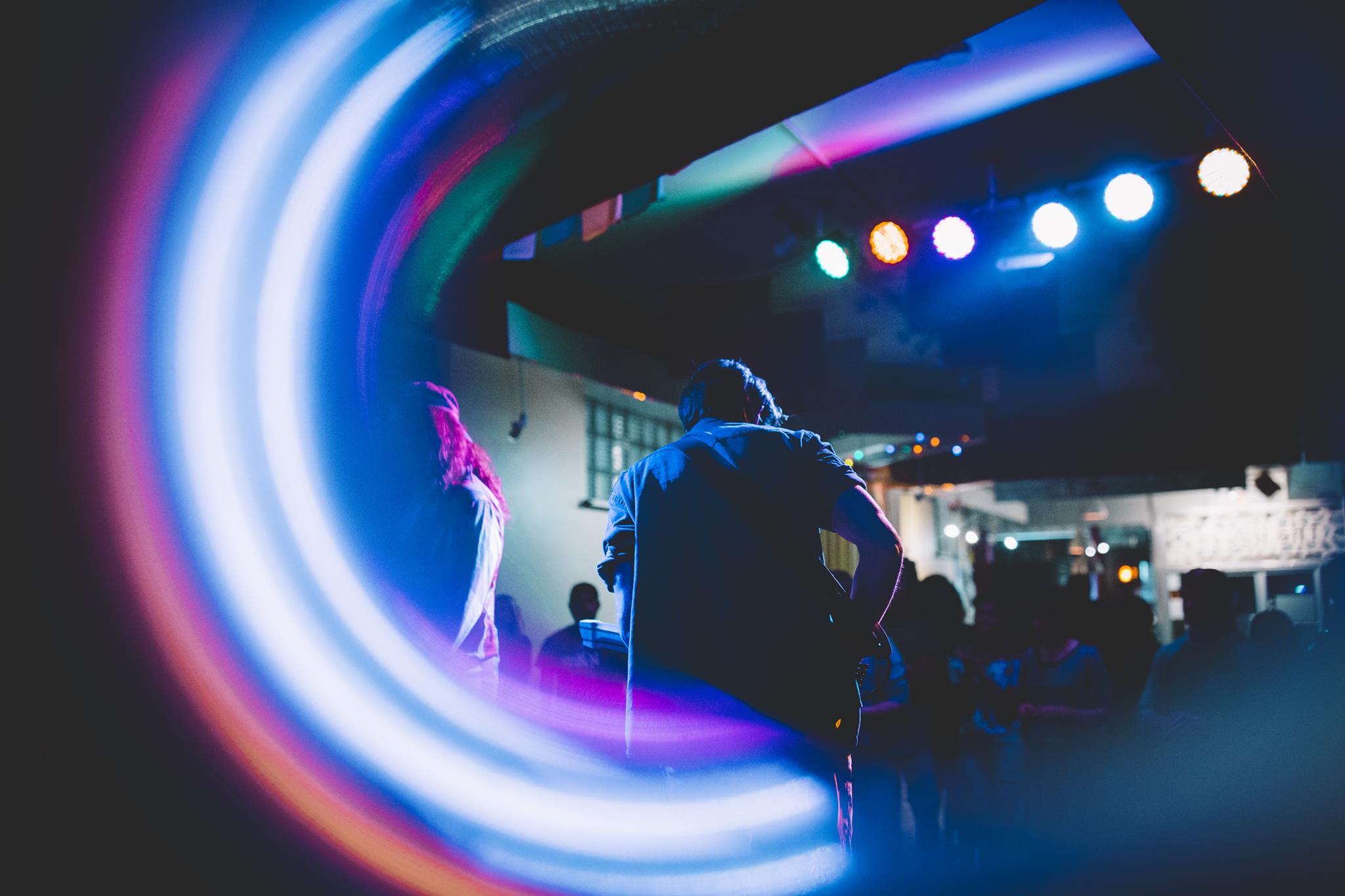
Great, appreciate you sharing that with us. Before we ask you to share more of your insights, can you take a moment to introduce yourself and how you got to where you are today to our readers.
I initially got into music because my dad played banjo in a bluegrass band, and I grew up surrounded by that acoustic, improvisational, aural tradition. I picked up the guitar at a young age so I could join in and quickly began participating in jam sessions around the Northern Illinois area where I grew up.
As I got older, my musical palate began to broaden. I started exploring other genres like rock and jazz and began playing in bands. I also started teaching, which led to a long and fulfilling journey of helping others achieve their musical goals.
The primary creative services I provide are performance and education. As a performer, I play acoustic and electric guitar, electric and upright bass, mandolin, and banjo in a variety of contexts. I’ve been playing in pit orchestras for the past eight years and continue to enjoy performing in that setting. I also perform as a solo guitarist for weddings, charity events, and at restaurants, with a repertoire that includes jazz standards as well as arrangements of folk and popular songs.
As a teacher, I’ve taught both privately and in a studio, but I now focus exclusively on private lessons. I’ve worked with students of all ages and skill levels, from four-year-olds to those in their mid-70s. I love sharing the joy of playing music and connecting with others to help them grow as musicians.
There is no ultimate point of arrival as a musician, so I am always growing and learning new things. However, there are a couple of characteristics that I think set me apart. One is my versatility across genres and playing styles. I’m comfortable reading sheet music and playing by ear in more improvisational contexts. The genres I’ve performed in include 80s rock, funk, traditional country, gospel, and jazz.
I believe that music is a lifelong journey, and I’m excited to continue exploring new sounds, teaching, and sharing the joy of music with others. Whether through performance or instruction, my goal is always to inspire and connect with others through the power of music.
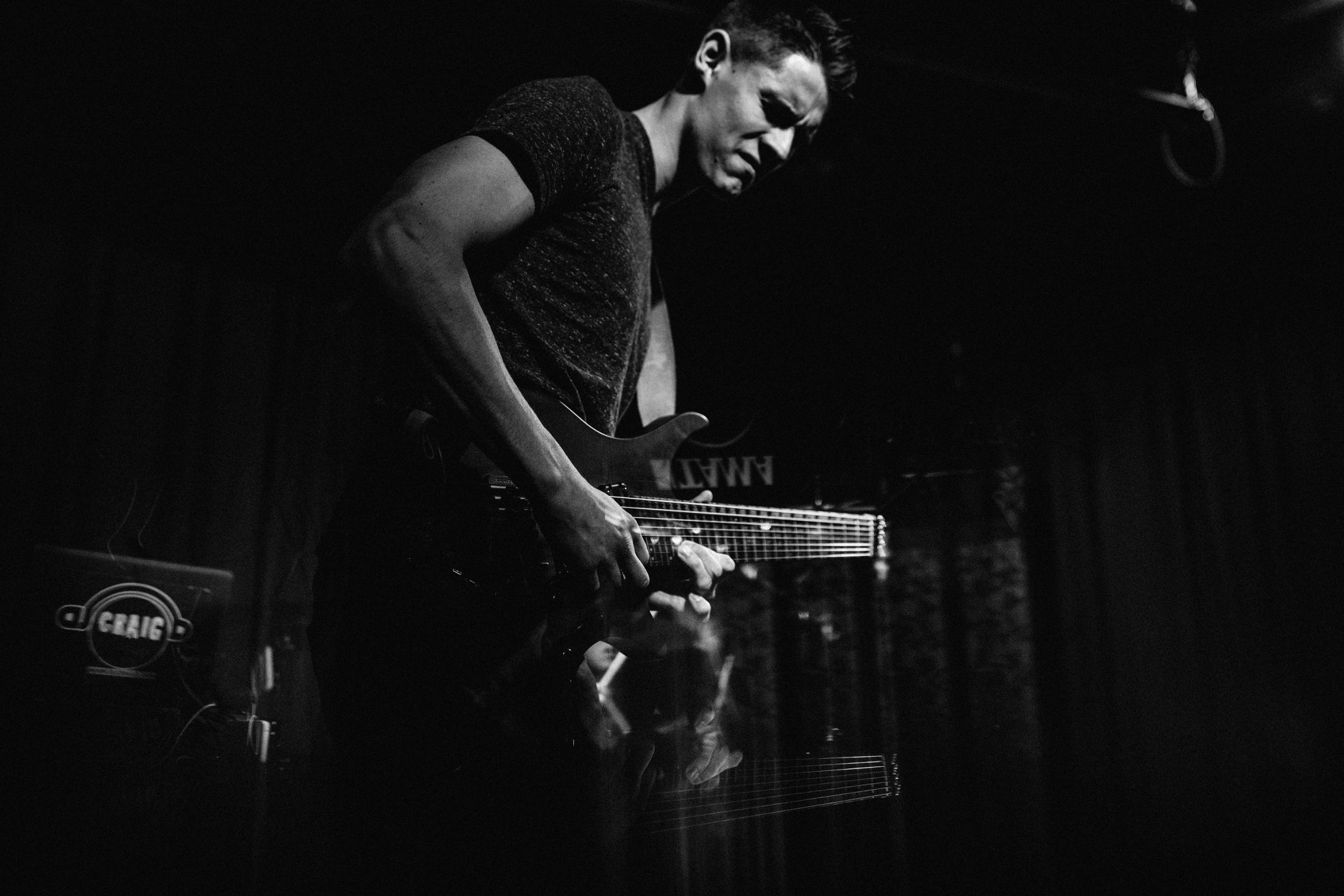
In your view, what can society to do to best support artists, creatives and a thriving creative ecosystem?
One of the most impactful ways individuals can support artists and creatives in society is by engaging deeply with works of art that resonate with them personally. In the context of music, this could mean attending live shows, purchasing merchandise, or buying music directly from small artists you truly love, rather than casually streaming hundreds of artists in the background.
Investing in your local scene is another powerful way to support the creative ecosystem in your community. Every city has its own art and music scene, even if it’s small, and connecting with it as a fan can be a deeply rewarding experience. Supporting smaller, local artists also creates opportunities for more meaningful human connection compared to the impersonal experience of watching a superstar perform on a massive Jumbotron in a stadium.
There’s nothing wrong with enjoying mainstream artists, but there’s also an incredible world of smaller creators who make amazing art and deserve support.
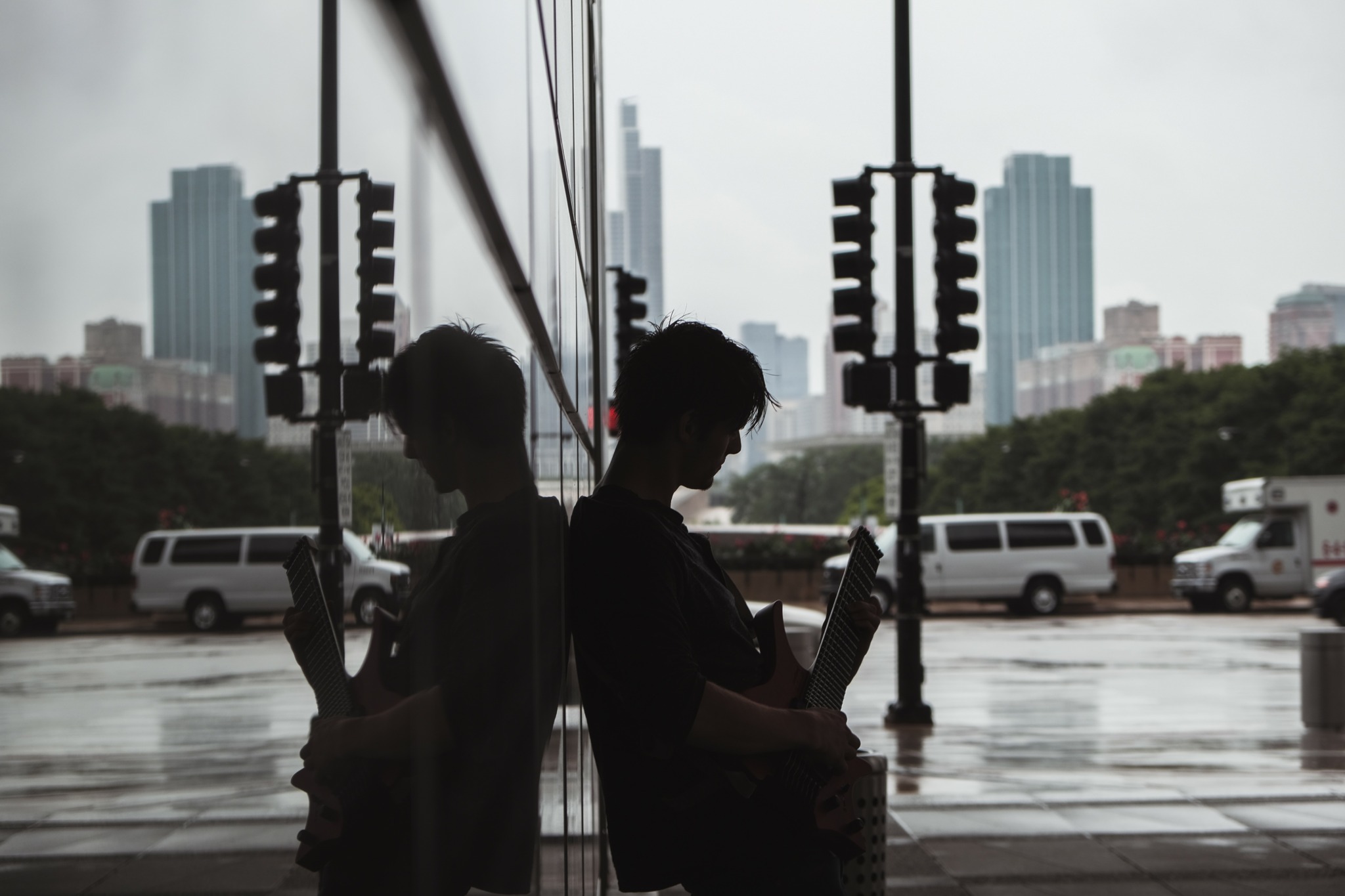
What’s the most rewarding aspect of being a creative in your experience?
For me, the most rewarding aspect of being an artist is getting to create something beautiful and connect with other people. There’s no room for ego or competitiveness in my artistic practice. If I can make someone else’s life just a little bit better through my music, that’s enough.
Contact Info:
- Website: https://jaredforth.music/
- Instagram: https://instagram.com/jaredforthmusic
- Facebook: https://facebook.com/jaredforthmusic
- Youtube: https://youtube.com/jaredforthmusic
- Other: https://bsky.app/profile/jaredforth.music
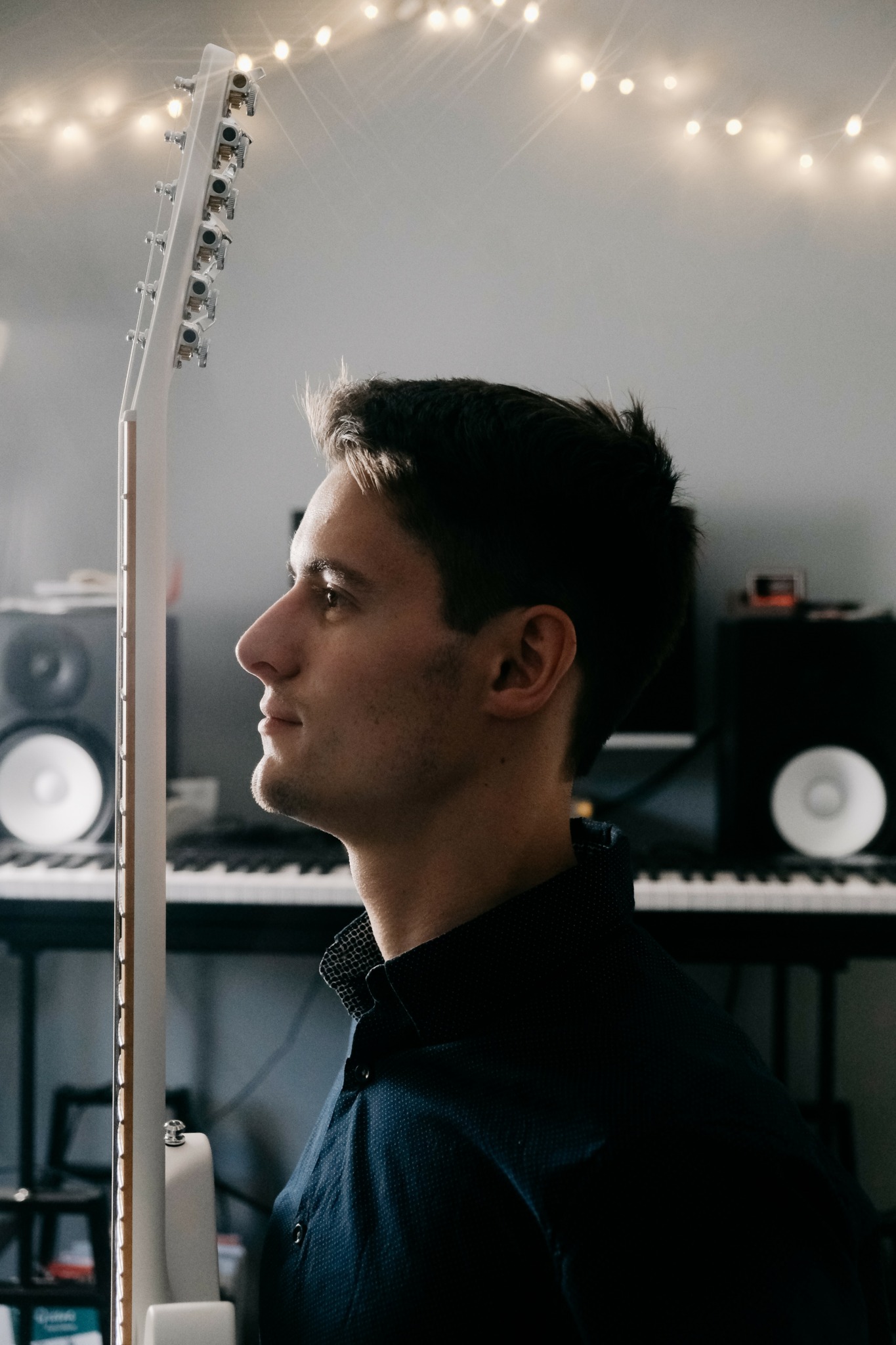
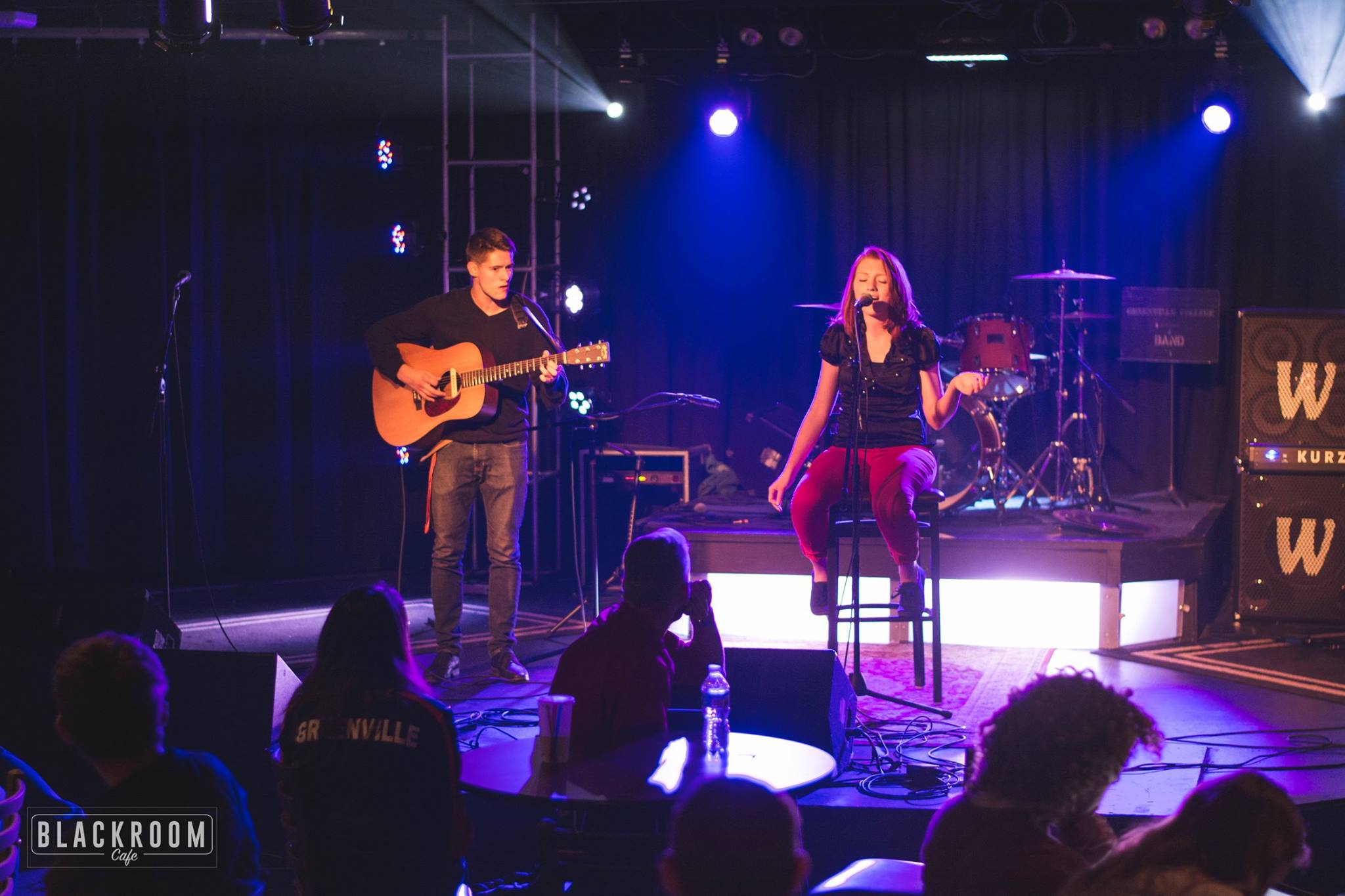
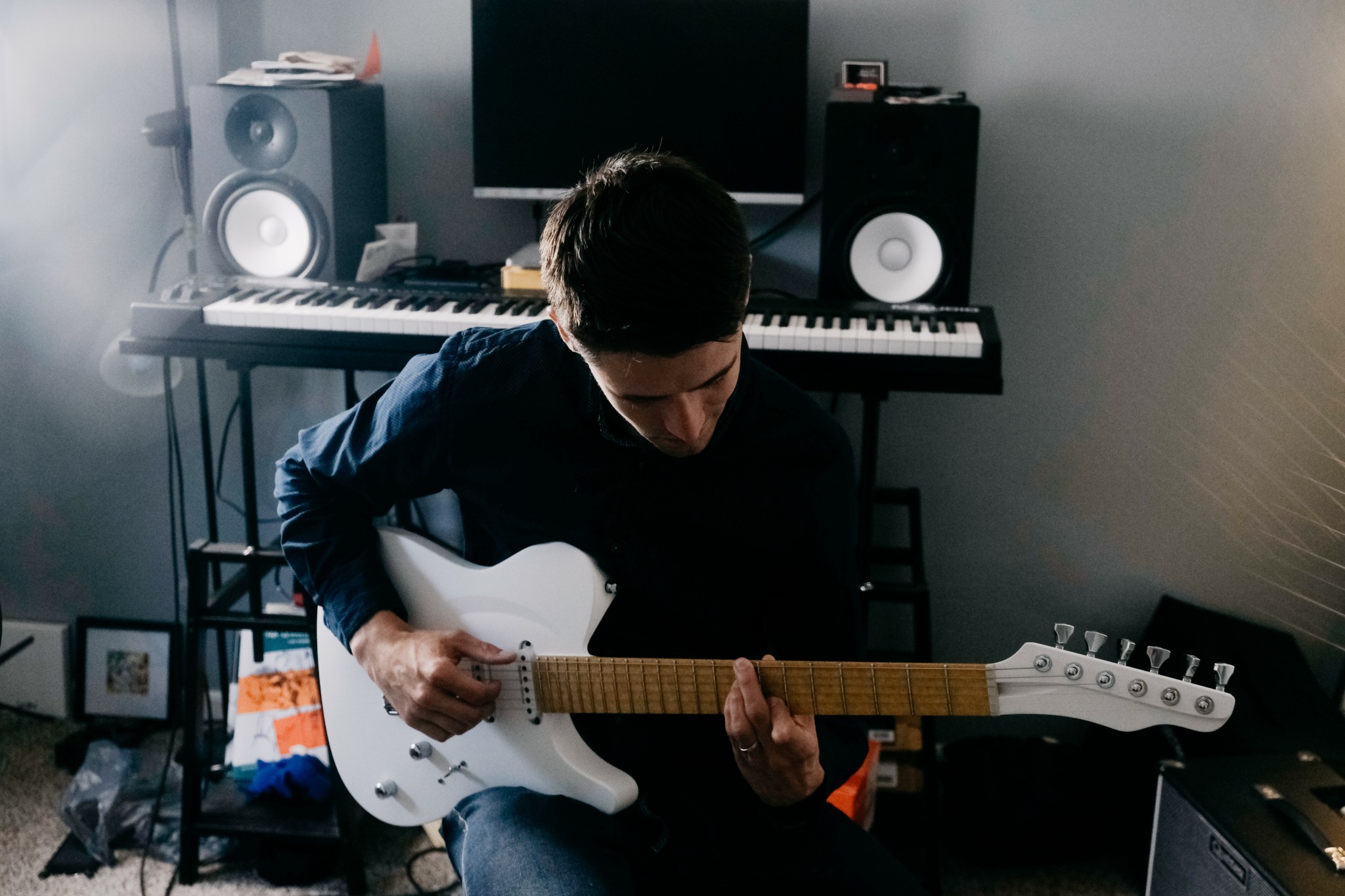
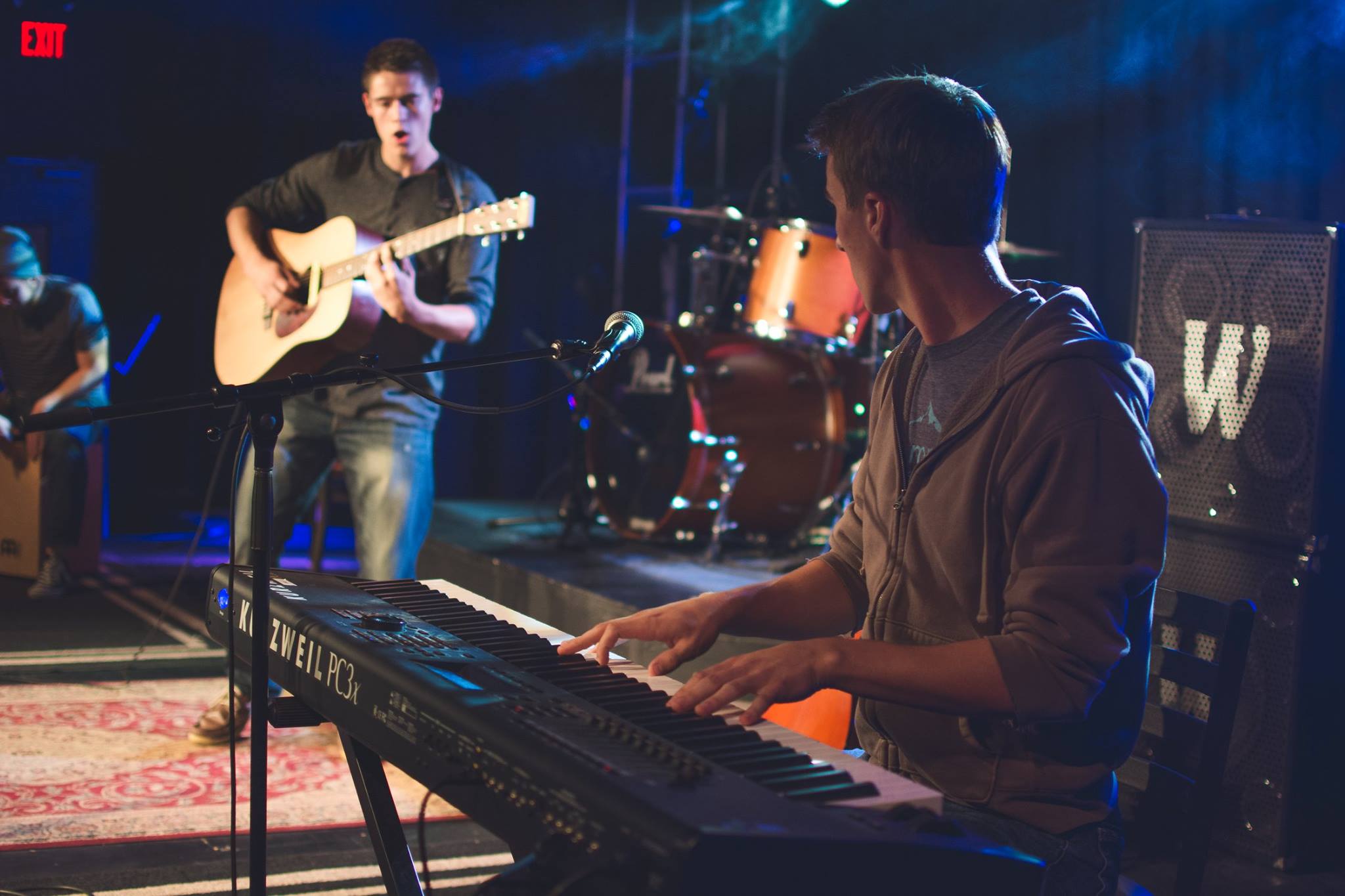
Image Credits
Josh Forth


